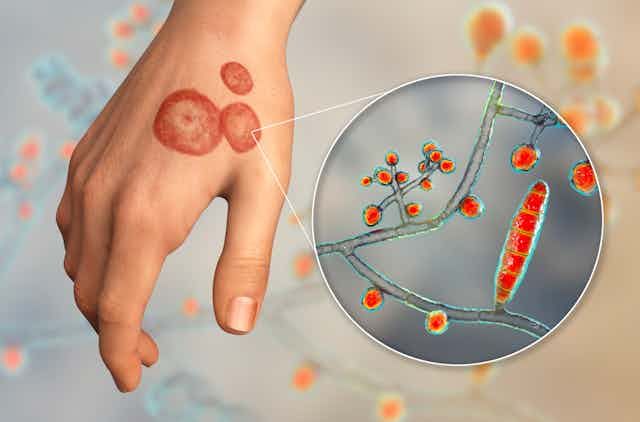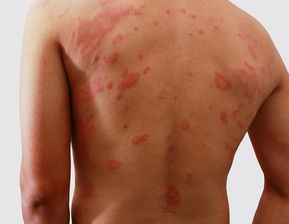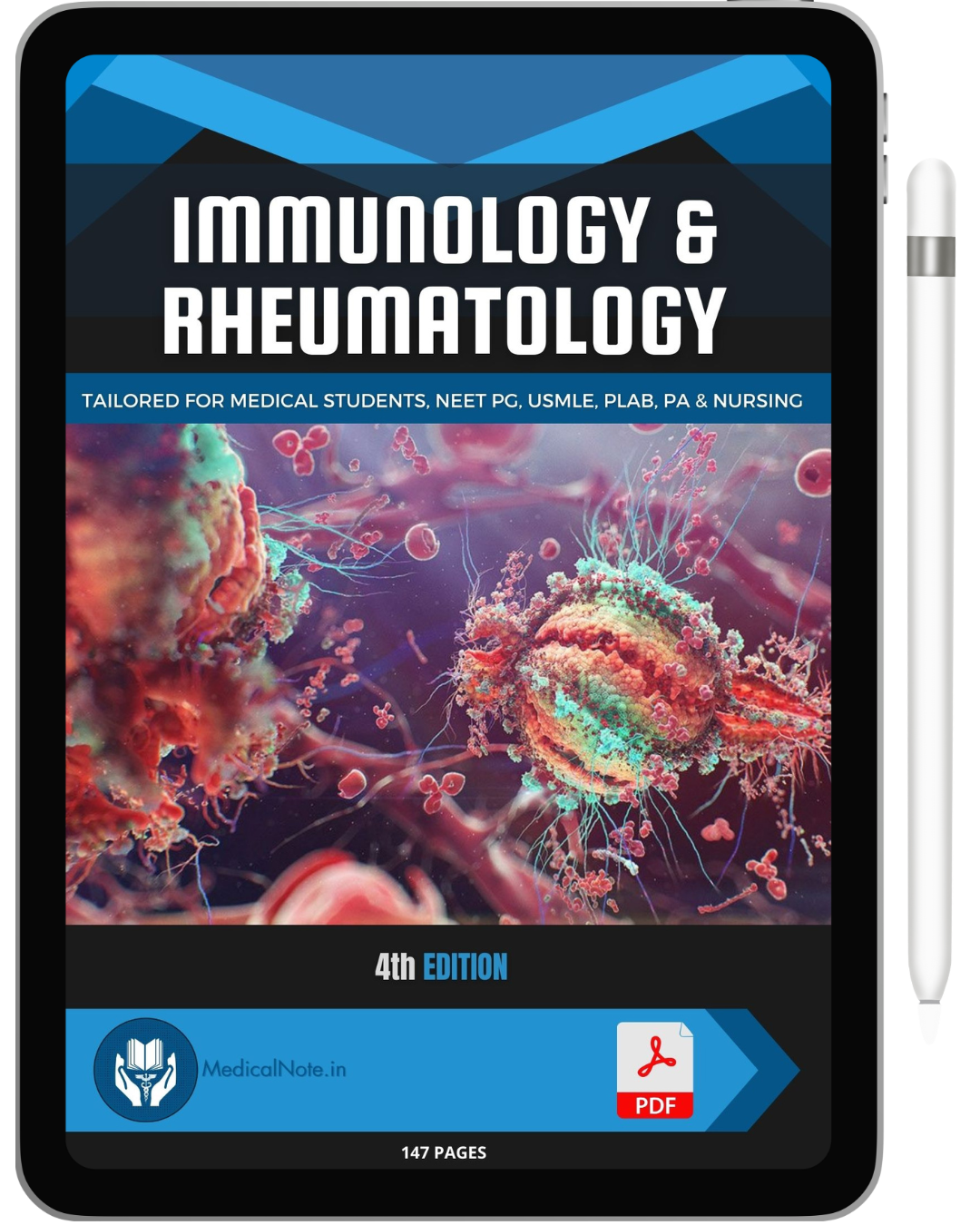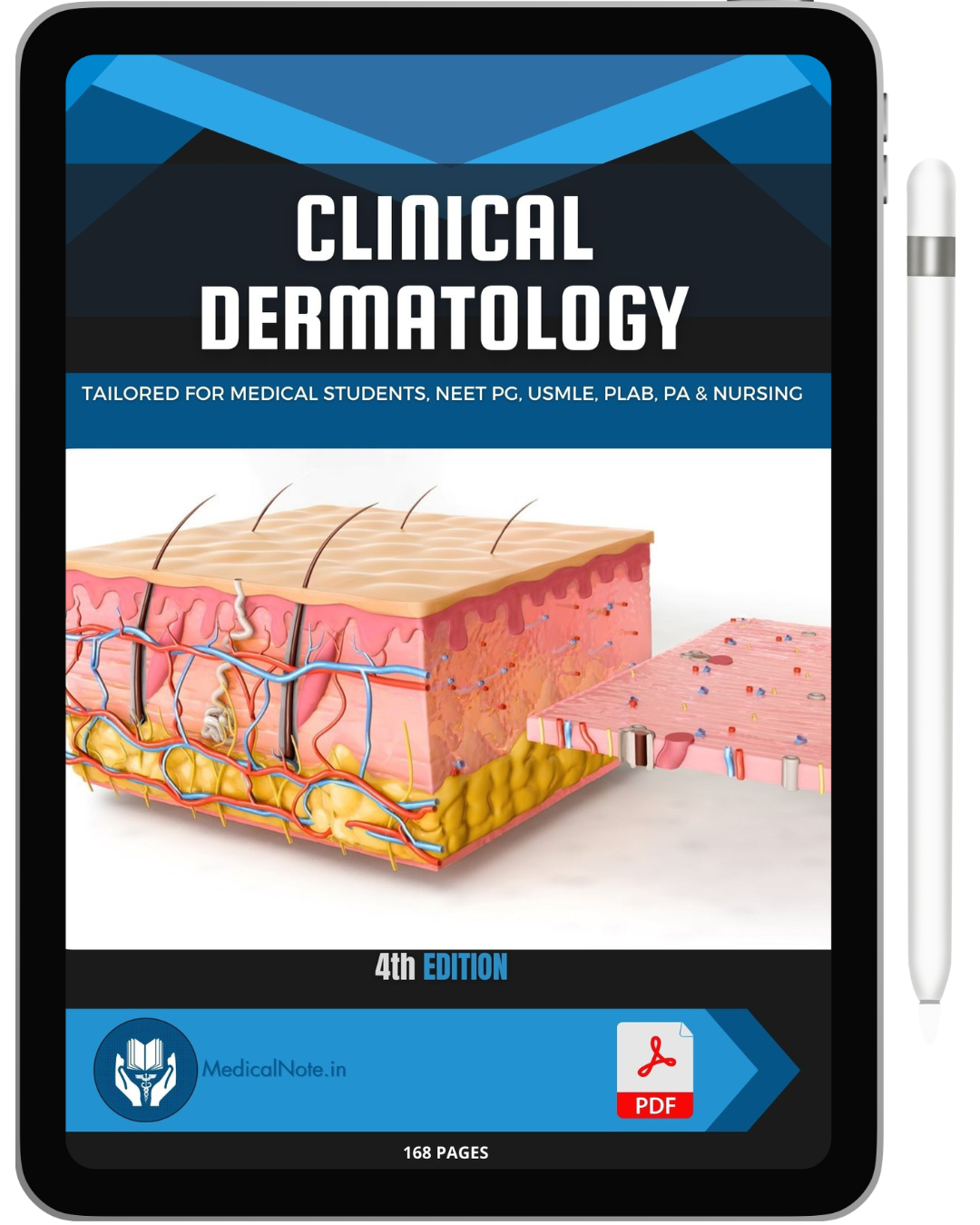Infective skin diseases are caused by various pathogens including bacteria, viruses, fungi, and parasites. Understanding these conditions is crucial for diagnosis and treatment.
Types of Infective Skin Diseases
-
Bacterial Infections
- Impetigo: A contagious bacterial infection, often caused by Staphylococcus aureus or Streptococcus pyogenes.
- Cellulitis: A deeper bacterial infection of the skin and subcutaneous tissues.
-
Viral Infections
- Herpes Simplex: Causes cold sores or genital herpes.
- Human Papillomavirus (HPV): Leads to warts on various parts of the body.
-
Fungal Infections
- Tinea (Ringworm): A common fungal infection affecting skin, hair, and nails.
- Candidiasis: Caused by Candida species, affecting moist areas of the body.
-
Parasitic Infections
- Scabies: Caused by the mite Sarcoptes scabiei, leading to intense itching and rash.
- Pediculosis: Infestation by lice.
Diagnosis and Treatment
- Diagnosis is usually clinical, supported by microbiological tests.
- Treatment involves topical or systemic antibiotics, antivirals, antifungals, or antiparasitic medications depending on the pathogen.
Conclusion
Recognizing and treating infective skin diseases is vital for preventing complications and spread. Medical students must be adept at identifying these conditions and understanding their treatments.


























